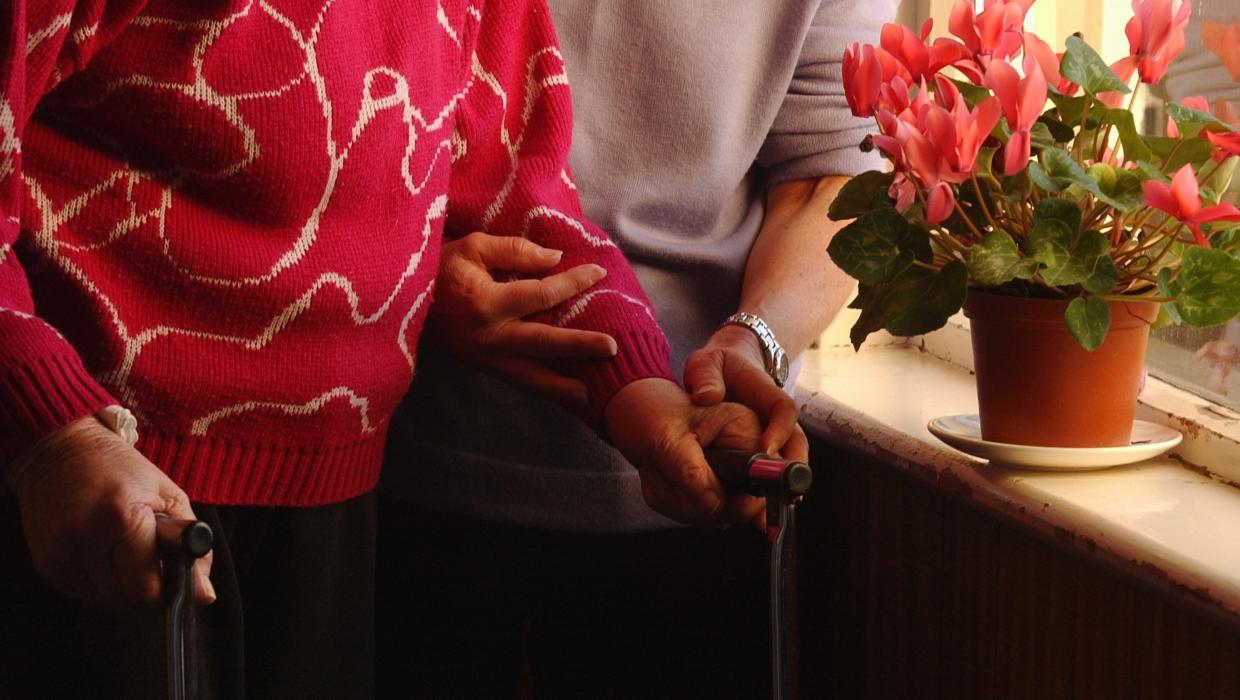Lifestyle
New Zealand Faces Crisis as Alzheimer’s Cases Expected to Double

The rising number of Alzheimer’s patients in New Zealand has raised alarms about the country’s preparedness to handle the impending crisis. Recent reports indicate that the number of individuals diagnosed with Alzheimer’s is expected to double by 2030, yet community-based dementia and Alzheimer’s support organizations are struggling with significant underfunding and inadequate resources.
A report from the Ministry of Health highlights that the current funding levels for dementia care services are insufficient to meet the growing demand. With approximately 70,000 New Zealanders currently diagnosed with Alzheimer’s, experts predict this figure could soar to 140,000 within the next decade. The Health Quality & Safety Commission has also echoed these concerns, noting that the support structures in place are ill-equipped to manage the expected surge in cases.
Urgent Need for Increased Funding
Community organizations dedicated to supporting those with dementia are calling for immediate action. The Aged Care Association has pointed out that many services are operating at capacity and are unable to expand without additional financial backing. The lack of government investment has left many facilities struggling to provide adequate care and resources for patients and their families.
According to Dementia Australia, the impact of inadequate funding is multifaceted. Support organizations are not only essential for providing direct care but also play a crucial role in educating families and communities about Alzheimer’s. The absence of these resources can lead to increased isolation among patients and caregivers alike.
Local advocates are pushing for the government to prioritize dementia care in its upcoming health budget. They argue that investing in community-based services is not only a moral imperative but also a necessary step to ensure that the healthcare system can cope with the rising demand.
International Perspectives and Solutions
Looking beyond New Zealand, several countries have implemented successful strategies to address similar challenges. For instance, Canada has established comprehensive dementia care networks that focus on community support, early intervention, and caregiver resources. New Zealand could benefit from examining these models to develop its own framework.
In addition, the government could consider partnerships with private organizations to bolster funding and improve resource allocation. By tapping into the expertise of established dementia care providers, New Zealand could enhance its support systems and better prepare for the future.
As the nation braces for an increase in Alzheimer’s cases, the call for action has never been more urgent. Without significant changes in funding and resource distribution, the consequences will likely be felt by patients and families throughout the country. The time to act is now, as the future of dementia care in New Zealand hangs in the balance.
-

 Sports2 months ago
Sports2 months agoNetball New Zealand Stands Down Dame Noeline Taurua for Series
-

 Entertainment2 months ago
Entertainment2 months agoTributes Pour In for Lachlan Rofe, Reality Star, Dead at 47
-

 Entertainment4 weeks ago
Entertainment4 weeks agoNew ‘Maverick’ Chaser Joins Beat the Chasers Season Finale
-

 Sports7 days ago
Sports7 days agoEli Katoa Rushed to Hospital After Sideline Incident During Match
-

 Sports2 months ago
Sports2 months agoSilver Ferns Legend Laura Langman Criticizes Team’s Attitude
-

 Politics1 month ago
Politics1 month agoNetball NZ Calls for Respect Amid Dame Taurua’s Standoff
-

 Entertainment2 months ago
Entertainment2 months agoKhloe Kardashian Embraces Innovative Stem Cell Therapy in Mexico
-

 Sports4 days ago
Sports4 days agoJamie Melham Triumphs Over Husband Ben in Melbourne Cup Victory
-

 World3 months ago
World3 months agoPolice Arrest Multiple Individuals During Funeral for Zain Taikato-Fox
-

 Sports3 months ago
Sports3 months agoGaël Monfils Set to Defend ASB Classic Title in January 2026
-

 Entertainment1 month ago
Entertainment1 month agoTyson Fury’s Daughter Venezuela Gets Engaged at Birthday Bash
-

 Sports1 month ago
Sports1 month agoHeather McMahan Steps Down as Ryder Cup Host After Controversy















